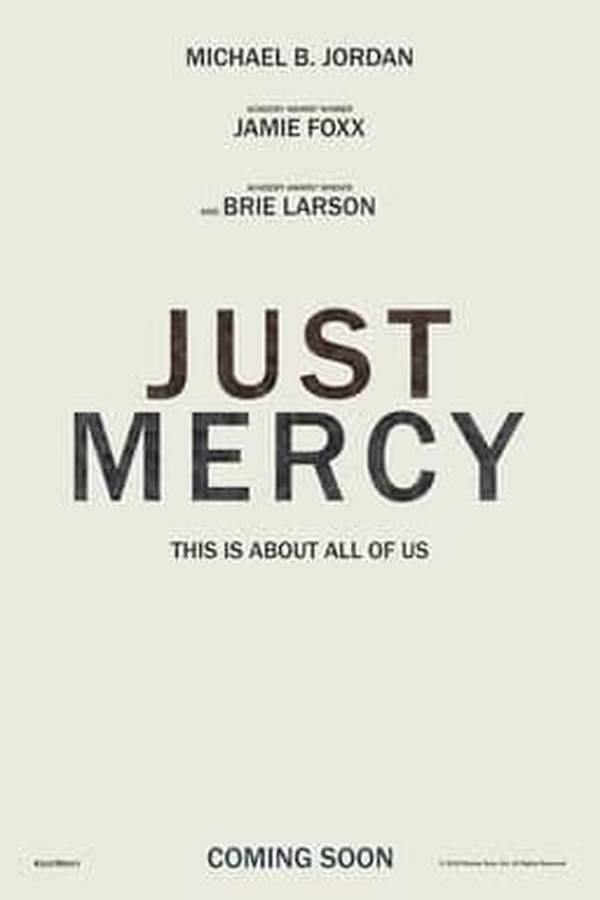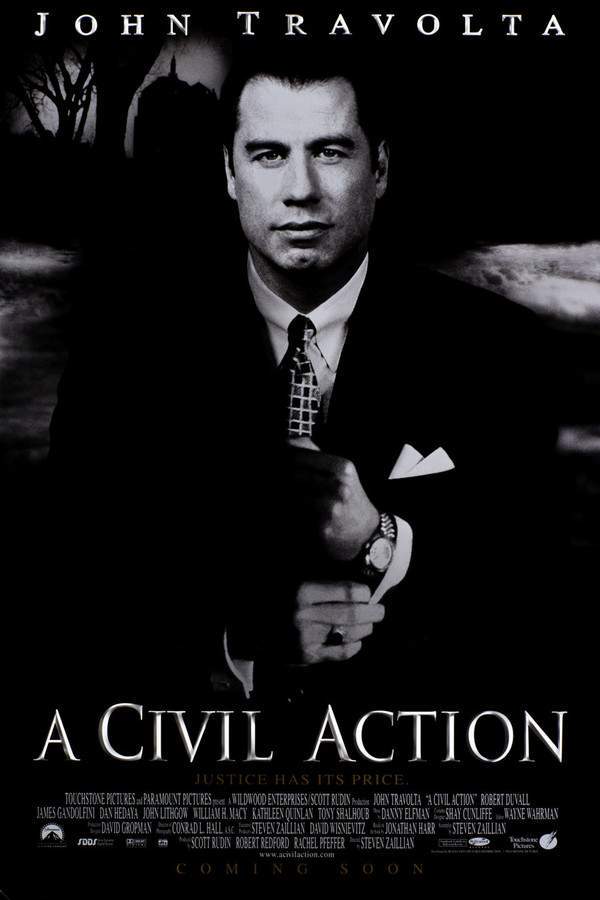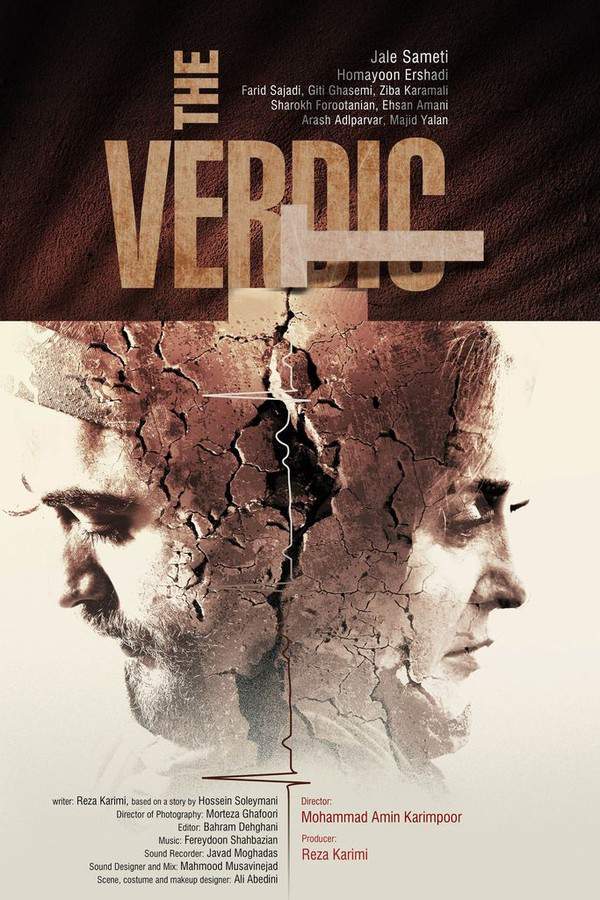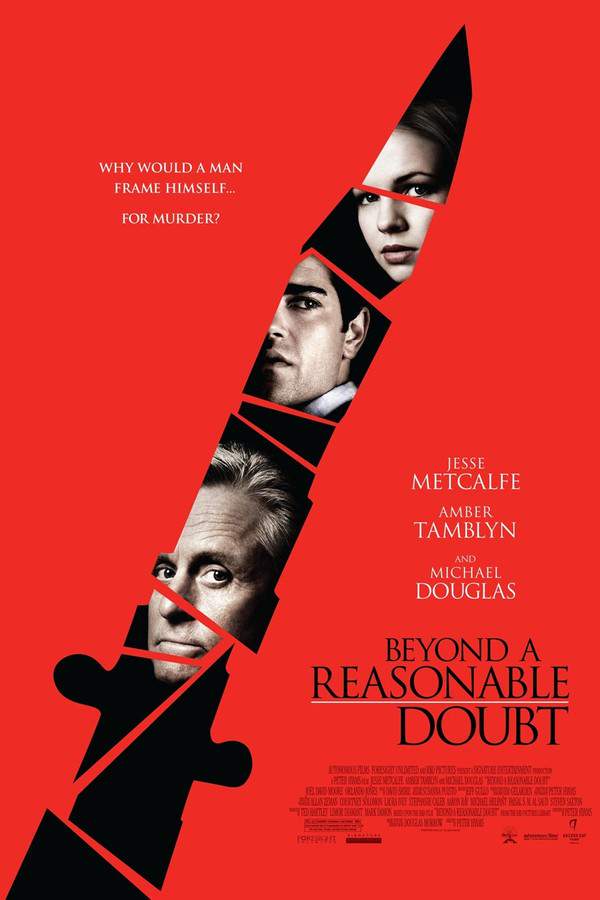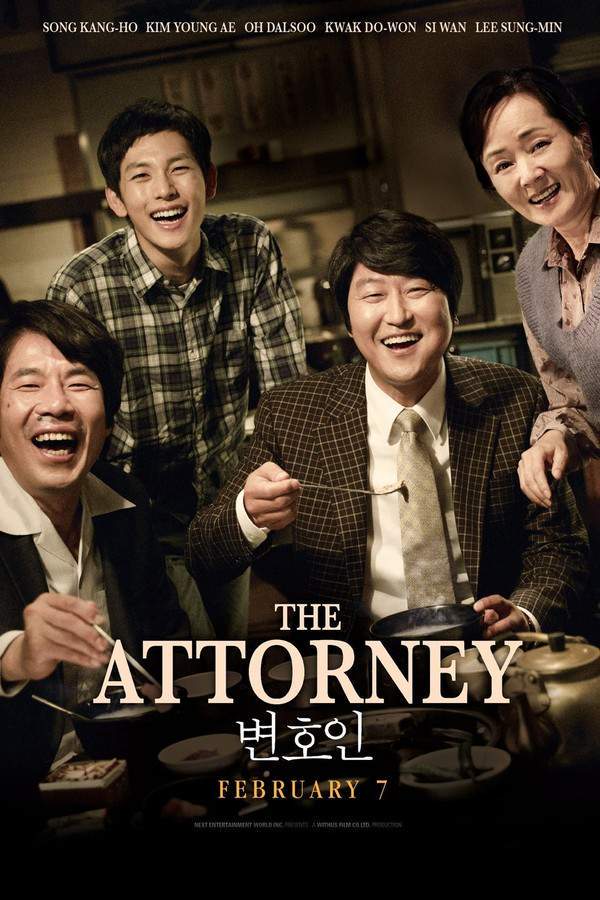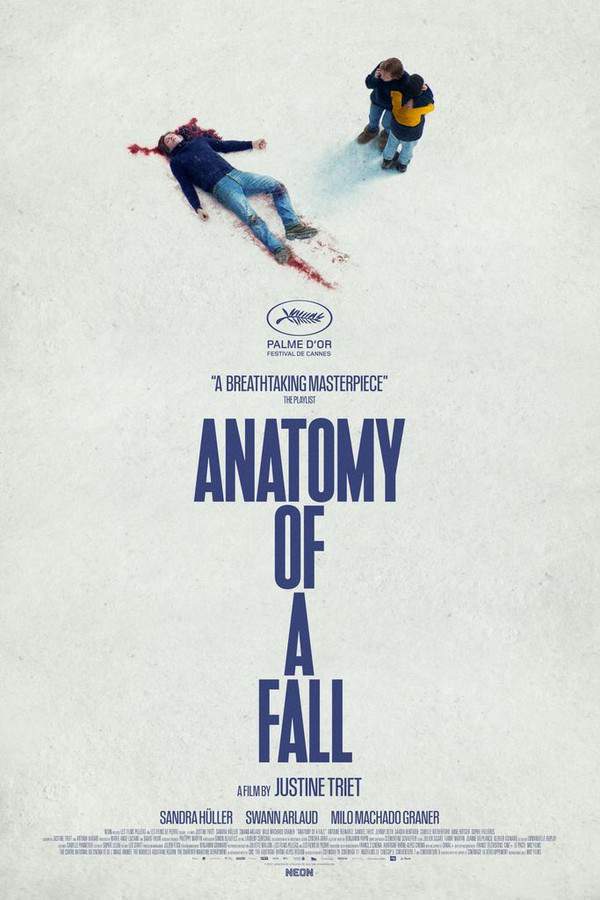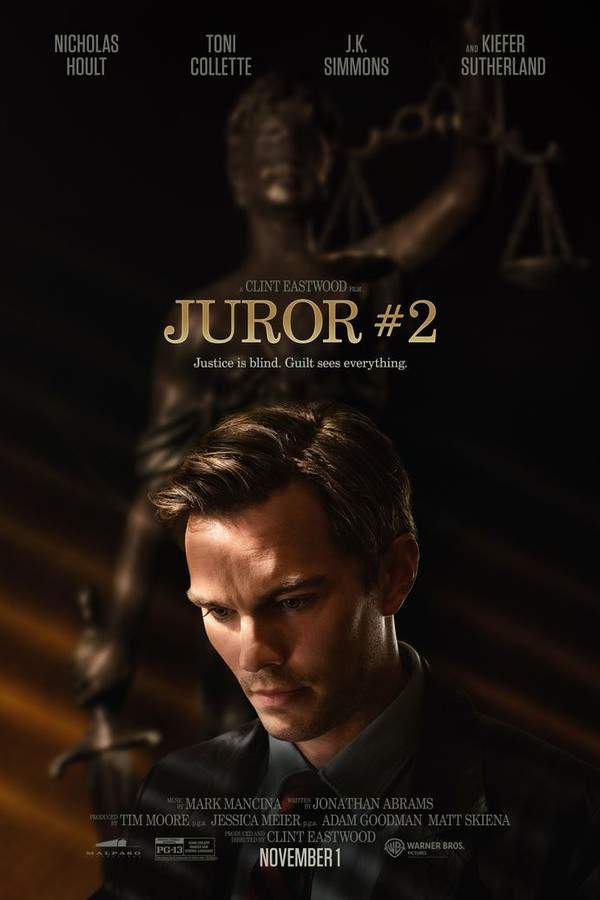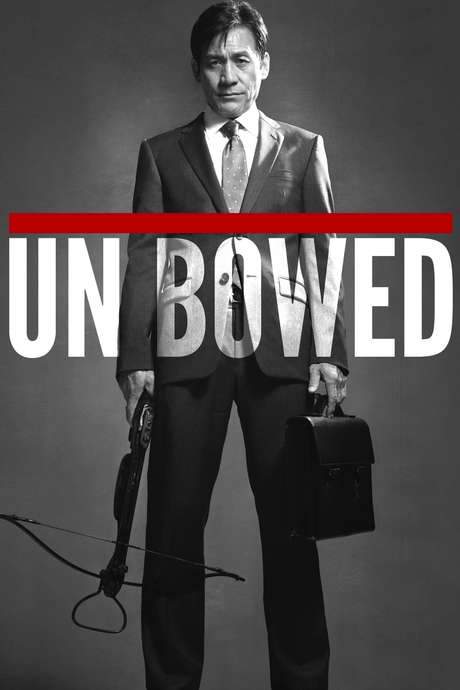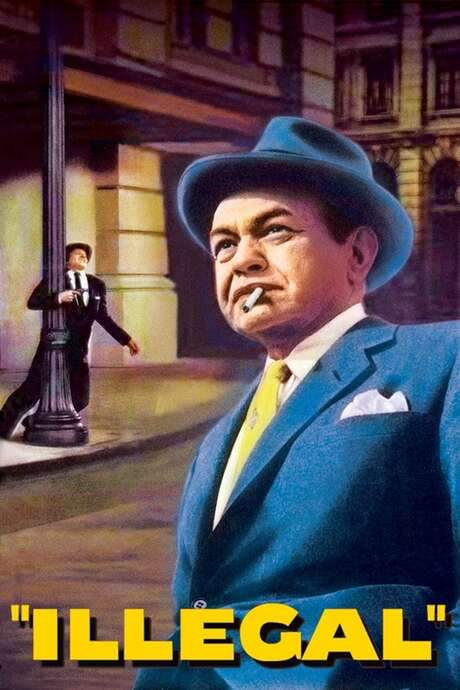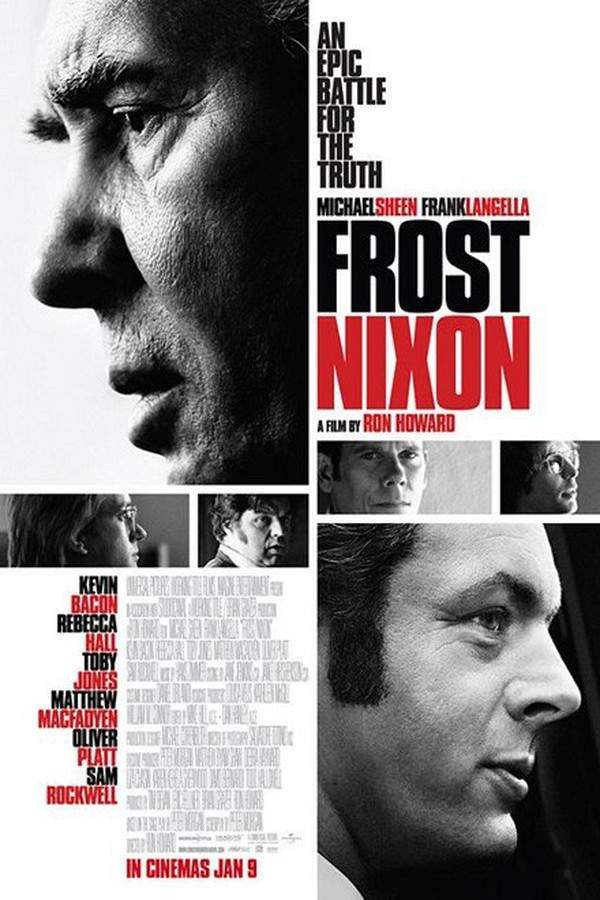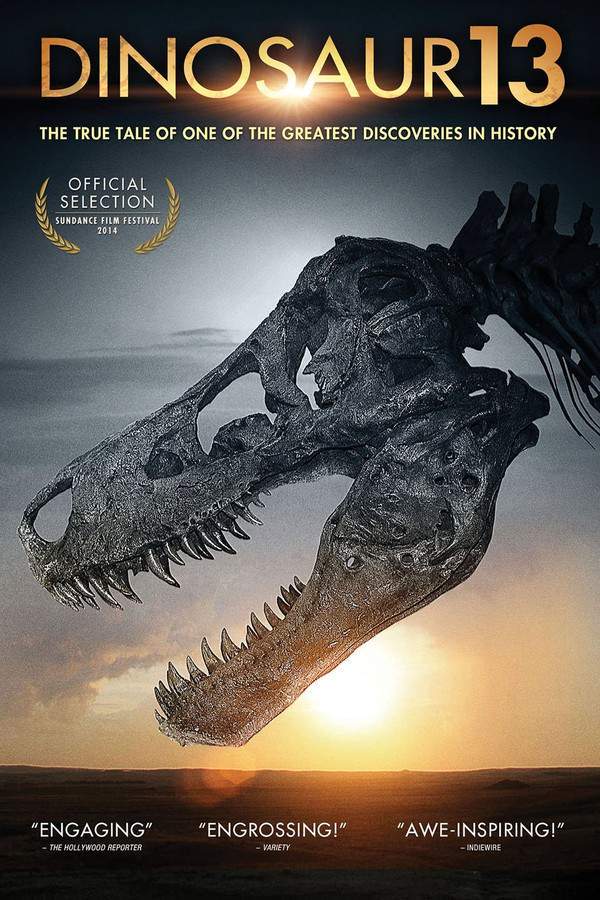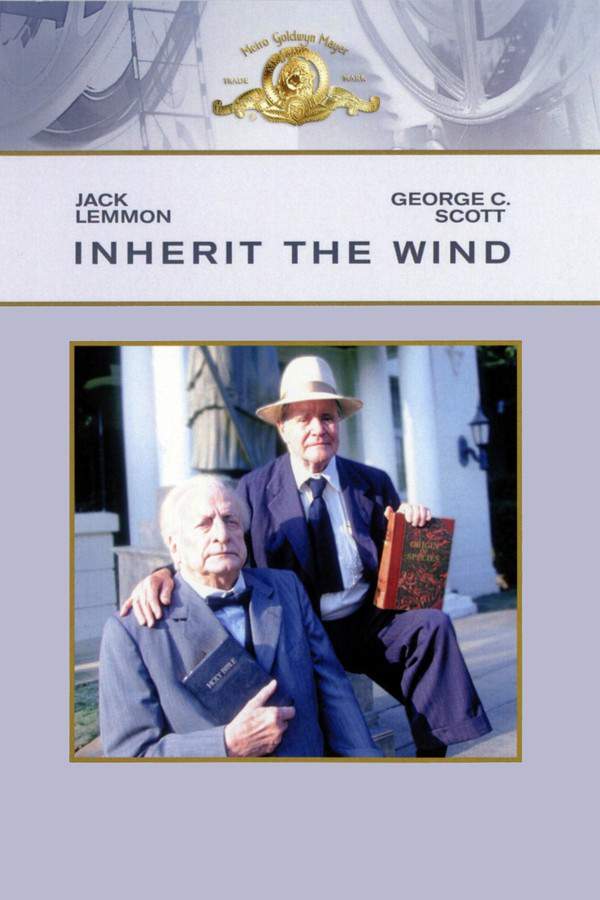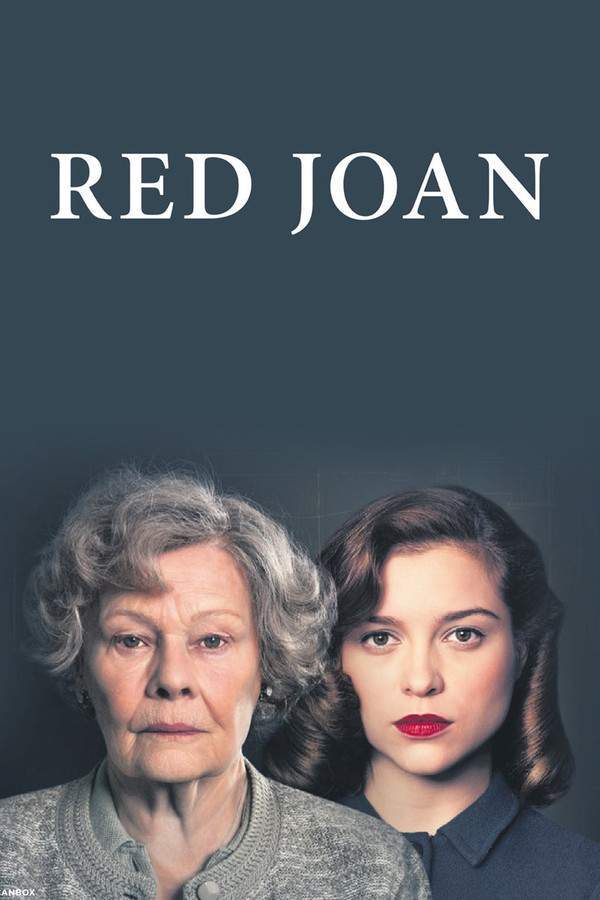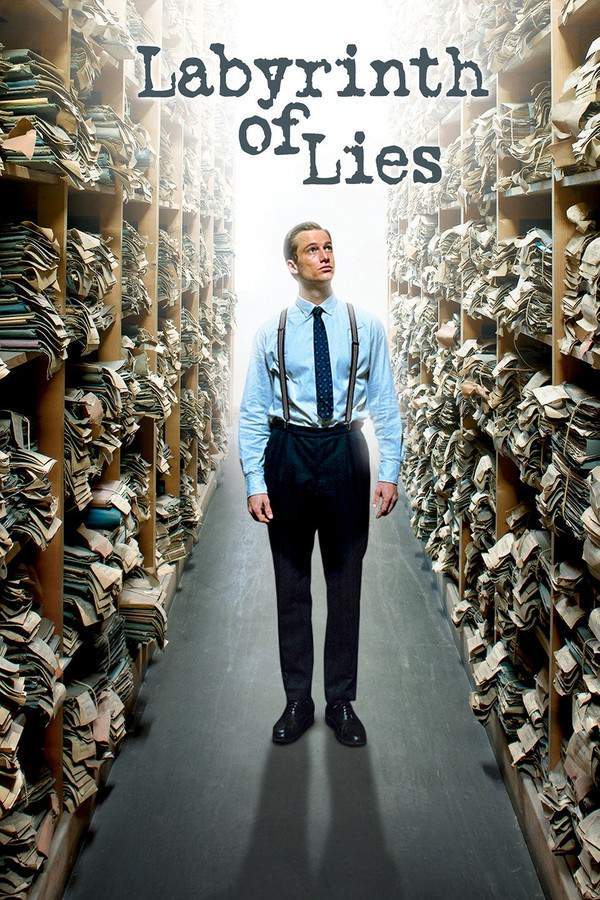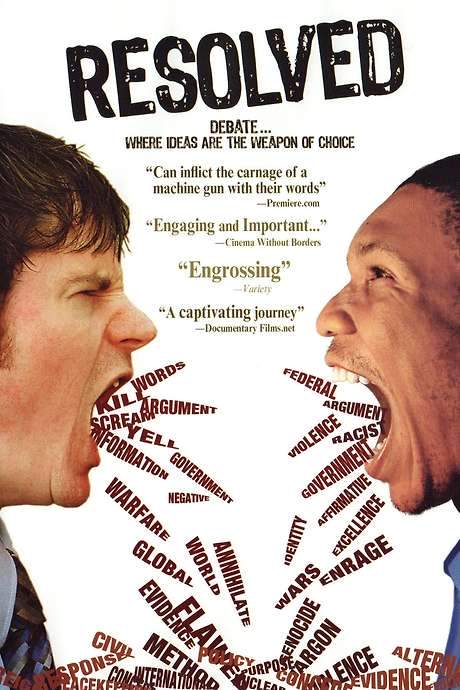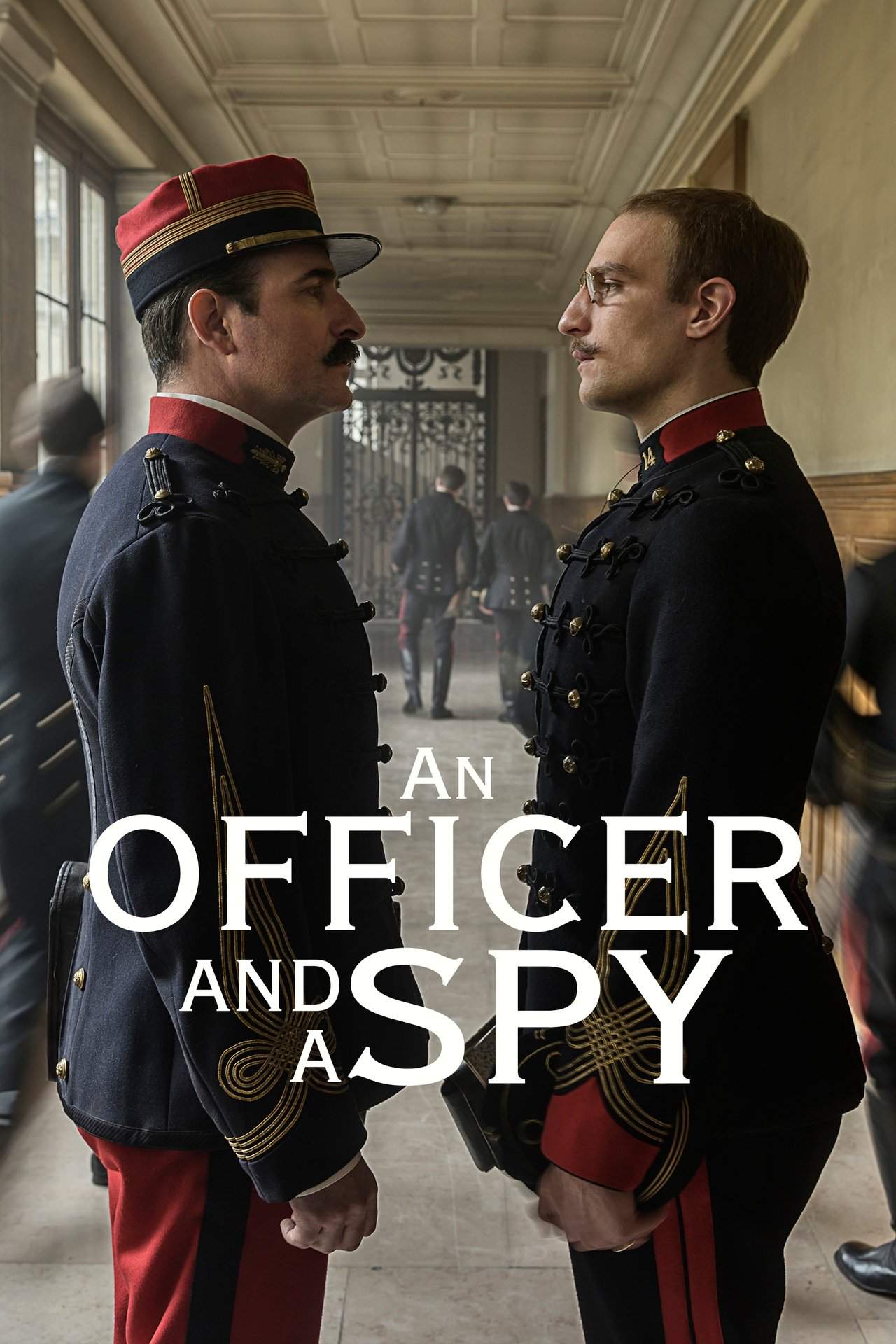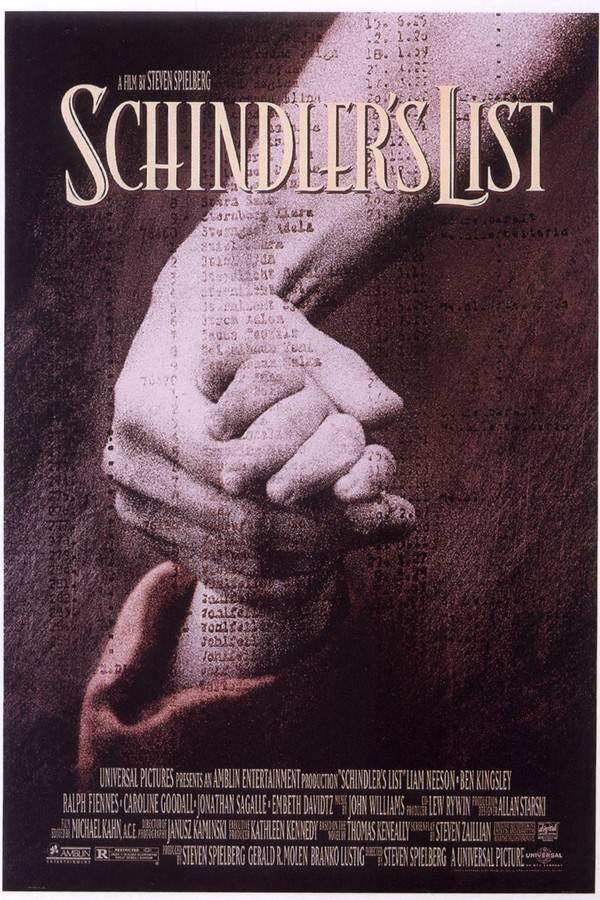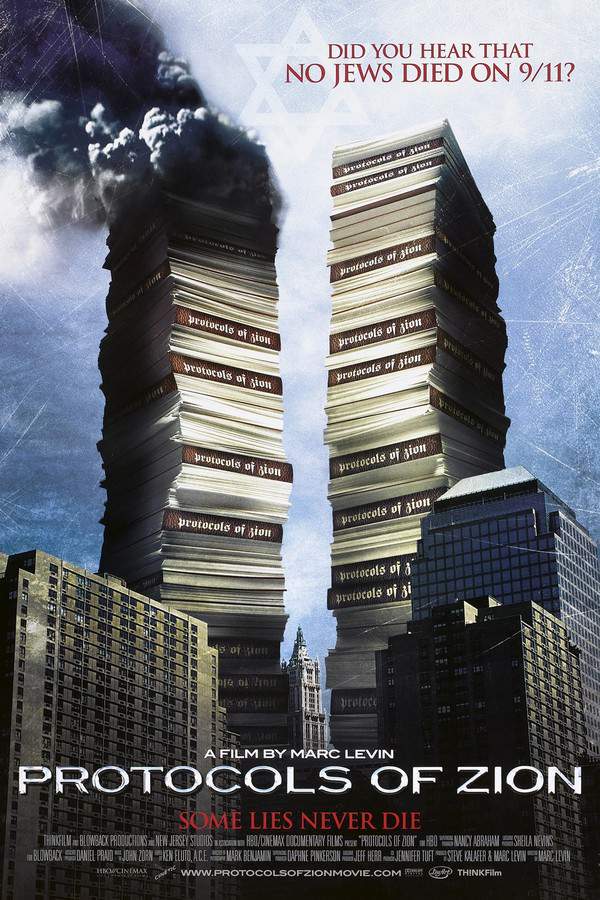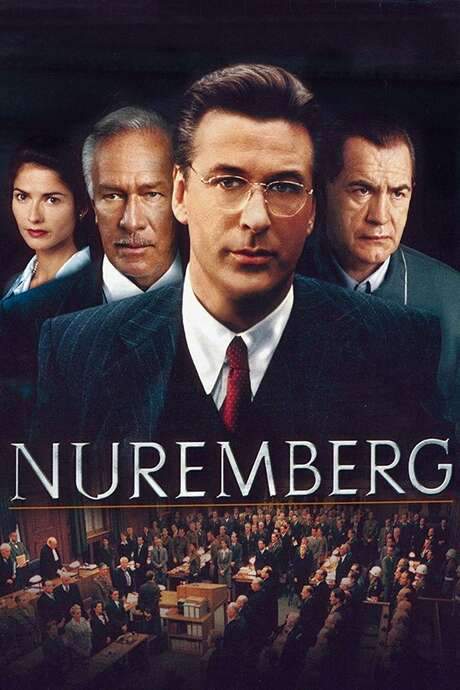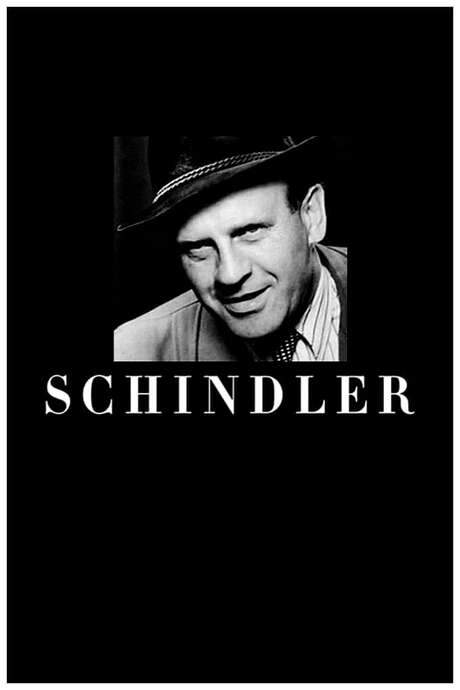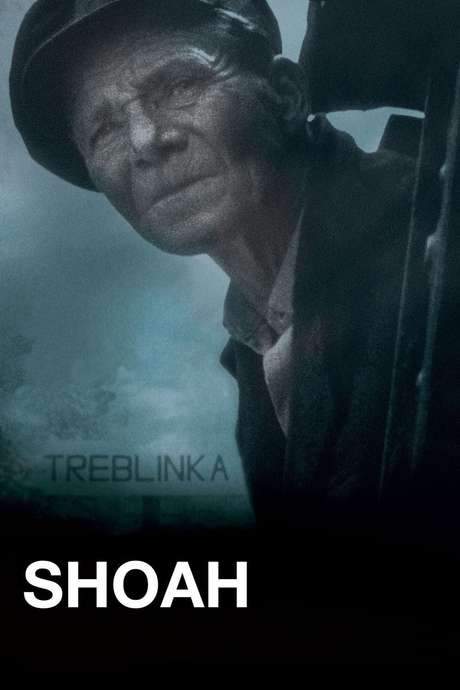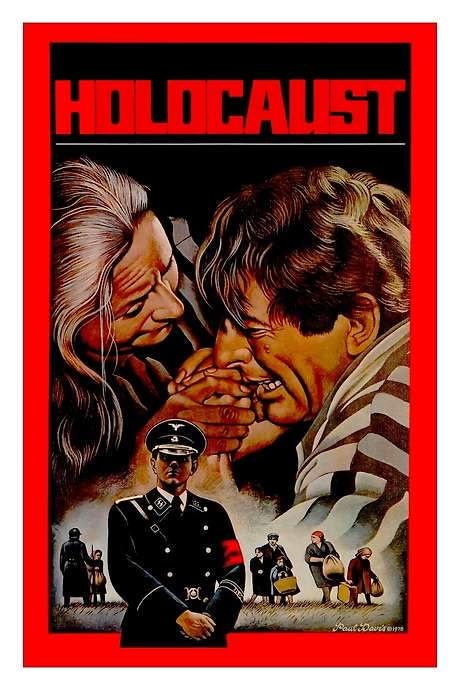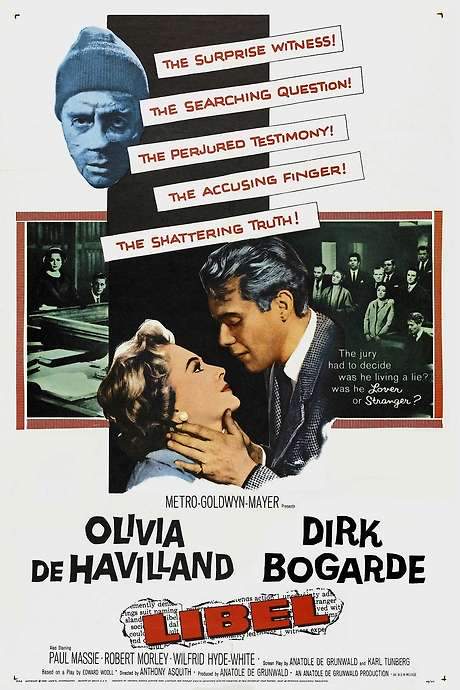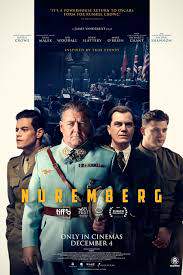
Denial
Year: 2016
Runtime: 109 min
Language: English
Director: Mick Jackson
Historian Deborah E. Lipstadt faces a libel lawsuit after being called a Holocaust denier by author David Irving. To defend herself, Lipstadt and her legal team must prove the truth of the atrocities Irving denies, confronting a complex legal battle where the burden of proof falls on them. The film explores the importance of historical fact and the strength of personal belief in the face of adversity.
Warning: spoilers below!
Haven’t seen Denial yet? This summary contains major spoilers. Bookmark the page, watch the movie, and come back for the full breakdown. If you're ready, scroll on and relive the story!
Denial (2016) – Full Plot Summary & Ending Explained
Read the complete plot breakdown of Denial (2016), including all key story events, major twists, and the ending explained in detail. Discover what really happened—and what it all means.
Deborah Lipstadt, an American professor renowned for her work in Holocaust studies, finds herself drawn into a high-stakes legal battle when British writer David Irving sues her and her publisher in the United Kingdom for calling him a Holocaust denier in her book. In UK libel law, the burden of proof rests with the defendant, so Lipstadt and her legal team—Anthony Julius and Richard Rampton—must mount a rigorous defense to prove that Irving’s portrayal of the Holocaust is a deliberate fabrication.
To prepare their case, Lipstadt and Rampton travel to Poland to visit the site of the former Auschwitz concentration camp, seeking context and corroboration for the core events they defend. There, historian Robert van Pelt offers expert insight into how the gas chambers operated, helping to establish a scholarly baseline for the evidence Irving challenges. The team also subpoenas Irving’s extensive personal diaries to shed light on his methods, biases, and how he shapes his narratives.
As the defence builds its strategy, Lipstadt finds herself frustrated by Rampton’s courtroom approach, which she perceives as sometimes disrespectful or overly blunt. The defence ultimately decides to minimize her direct participation in the day-to-day courtroom work to avoid any perception that she could hinder the case, while still relying on the strength of her writing to anchor the argument against Irving’s claims. Meanwhile, members of the British Jewish community urge Lipstadt to settle out of court to spare herself and the public a lengthy, contentious trial that would amplify Irving’s platform.
Against this backdrop, the case gains momentum when the defence persuades Irving to accept a trial by judge rather than a jury, a choice recommended by the team in part to neutralize his tendency to manipulate jurors via sensationalism. Irving chooses to represent himself, a decision that shapes the courtroom dynamics as he attempts to twist the presented evidence to his advantage. Lipstadt is urged by a Holocaust survivor who pleads to testify, but the lawyers insist on keeping the focus squarely on Irving’s claims and their veracity.
Irving’s strategy hinges on undermining van Pelt’s evidence by challenging the physical proof of Auschwitz’s gas chambers, including questions about whether there were holes in the roof through which Zyklon B could be introduced. The media seizes on Irving’s bold slogan, “no holes, no Holocaust,” which becomes a dominant narrative thread and a lightning rod for public debate. Lipstadt, incensed by the possibility that survivors might be exploited in the process, demands that the courtroom hear testimony from survivors themselves. Julius counters that Irving would use such testimony to humiliate survivors on cross-examination, as he had done before, making it crucial to protect the witnesses and keep the focus on the integrity of Irving’s claims.
Rampton builds trust with Lipstadt, visiting her at home to explain his approach and reassure her that a careful, methodical examination of the evidence stands a better chance of exposing Irving’s distortions. In the courtroom, Rampton’s cross-examination of Irving becomes a focal point, revealing the flaws in Irving’s narrative and opening the door for the case to rest on expert testimony. Respected scholars, including Richard J. Evans, provide corroborating testimony that counters Irving’s misrepresentations and clarifies the historical record.
As the evidence piles up, Judge Charles Gray weighs the issues and raises a provocative line of questioning: if Irving genuinely believes his own claims, can he really be lying about them? The judge ultimately sides with the defence, convinced by Lipstadt’s portrayal of Irving as someone who distorts history for his own ends, and by the strength of the scholarly witnesses and the defense’s careful handling of the material. The verdict is a vindication for Lipstadt and her team, who are celebrated for maintaining composure and dignity throughout a grueling process, underscoring that their published work stood on solid ground and countered Irving’s falsifications.
In the aftermath, Lipstadt is praised for her principled stance and the disciplined work of her lawyers. The film closes with a sense of tempered triumph: Lipstadt’s writing and the legal strategy coalesced to challenge a dangerous denial of historical facts, even as Irving remains defiant in media appearances. The final moments capture Lipstadt and Julius reflecting on the battle, acknowledging that while the courtroom victory was crucial, the real achievement lies in reinforcing the historical truth and ensuring that such distortions do not gain unwarranted traction in public discourse.
Last Updated: October 09, 2025 at 16:20
Explore Movie Threads
Discover curated groups of movies connected by mood, themes, and story style. Browse collections built around emotion, atmosphere, and narrative focus to easily find films that match what you feel like watching right now.
High-stakes legal dramas like Denial
Films where meticulous preparation meets immense pressure in the courtroom.If you enjoyed the meticulous, tense legal strategy of Denial, explore these movies that feature courtroom battles with immense consequences. These films share a steady, methodical pace, a heavy emotional weight, and a focus on using the legal system to defend a greater truth.
Narrative Summary
The narrative follows a legal team or individual facing a seemingly insurmountable opponent. The story is driven by the procedural gathering of evidence and the development of a strategy, leading to a tense courtroom climax where intellectual rigor and moral conviction are put to the ultimate test.
Why These Movies?
Movies in this thread are grouped by their shared focus on a detailed, procedural legal process, a consistently tense tone due to high stakes, and a cerebral approach to conflict resolution that prioritizes facts and strategy over melodrama.
Movies about fighting historical denial like Denial
Stories of scholars and truth-tellers defending fact against manipulative denial.For viewers who appreciated Denial's focus on confronting Holocaust denial, this list features similar stories about defending historical or scientific truth. These films are tense, cerebral, and explore the moral courage required to stand against distortion and misinformation in public discourse.
Narrative Summary
The narrative revolves around a protagonist, often a scholar or expert, who is forced into a public confrontation with a denier or revisionist. The journey involves gathering irrefutable evidence, navigating a system that may be stacked against them, and enduring personal attacks, culminating in a vindication that is emotionally complex rather than purely triumphant.
Why These Movies?
These movies are connected by their core theme of defending objective truth against manipulation. They share a heavy emotional weight, a tense and anxious mood, and a focus on the intellectual and moral rigor required to combat denialism, making the victory feel earned yet sobering.
Unlock the Full Story of Denial
Don't stop at just watching — explore Denial in full detail. From the complete plot summary and scene-by-scene timeline to character breakdowns, thematic analysis, and a deep dive into the ending — every page helps you truly understand what Denial is all about. Plus, discover what's next after the movie.
Denial Timeline
Track the full timeline of Denial with every major event arranged chronologically. Perfect for decoding non-linear storytelling, flashbacks, or parallel narratives with a clear scene-by-scene breakdown.

Characters, Settings & Themes in Denial
Discover the characters, locations, and core themes that shape Denial. Get insights into symbolic elements, setting significance, and deeper narrative meaning — ideal for thematic analysis and movie breakdowns.

Denial Spoiler-Free Summary
Get a quick, spoiler-free overview of Denial that covers the main plot points and key details without revealing any major twists or spoilers. Perfect for those who want to know what to expect before diving in.

More About Denial
Visit What's After the Movie to explore more about Denial: box office results, cast and crew info, production details, post-credit scenes, and external links — all in one place for movie fans and researchers.

Similar Movies to Denial
Discover movies like Denial that share similar genres, themes, and storytelling elements. Whether you’re drawn to the atmosphere, character arcs, or plot structure, these curated recommendations will help you explore more films you’ll love.
Explore More About Movie Denial
Denial (2016) Scene-by-Scene Movie Timeline
Denial (2016) Movie Characters, Themes & Settings
Denial (2016) Spoiler-Free Summary & Key Flow
Movies Like Denial – Similar Titles You’ll Enjoy
Schindler's List (1993) Full Summary & Key Details
Defamation (2009) Story Summary & Characters
Protocols of Zion (2005) Plot Summary & Ending Explained
Labyrinth of Lies (2015) Spoiler-Packed Plot Recap
Nuremberg (1000) Film Overview & Timeline
Imaginary Witness: Hollywood and the Holocaust (2004) Plot Summary & Ending Explained
Schindler (1983) Spoiler-Packed Plot Recap
The Trial (1984) Spoiler-Packed Plot Recap
Shoah (1985) Story Summary & Characters
Holocaust (1000) Full Summary & Key Details
The Man in the Glass Booth (1975) Film Overview & Timeline
Libel (1959) Plot Summary & Ending Explained
After the Truth (1999) Movie Recap & Themes
Verdict on Auschwitz (1993) Complete Plot Breakdown
Nuremberg (2025) Detailed Story Recap

